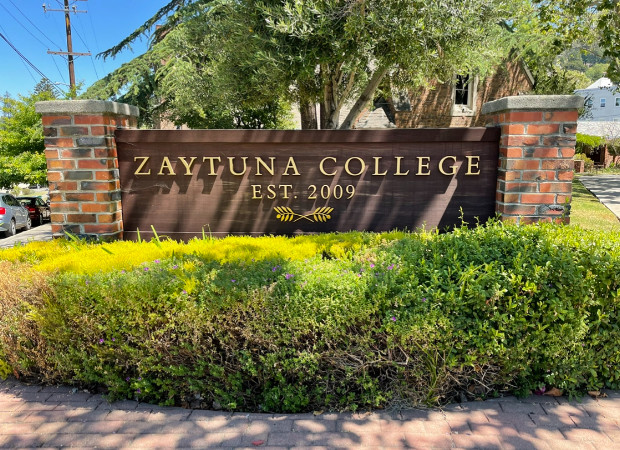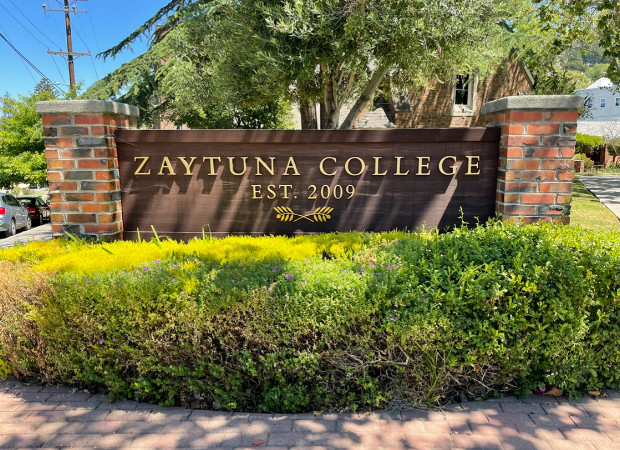As you search for universities, you will find that some schools are affiliated with a religion. My students often ask me what this means and whether or not they have to be a member of that religion in order to attend the school.
Often, the “religious affiliation” means that the university has a history of being associated with the religion or was founded by a certain religious denomination and may maintain some of those values. Nowadays, many such affiliations do not necessarily mean that students would be required to attend religious services or religious classes, but this may vary depending on the university. Let me explain further using the universities I visited in San Francisco as examples.
One type of religious affiliation is exemplified by the University of San Francisco, which is rooted in the Jesuit tradition. USF Students do not have to be a member of the Jesuit community; in fact less than thirty percent of USF students are practicing Catholics, and the university is open and accepting of all faiths and religions. The Jesuit tradition that is still very present at USF is a type of learning that is considered to be rigorous, deep, well-rounded, and humanistic. The only times when all students are required to be in the gorgeous on-campus cathedral is during the commencement and graduation ceremonies. (Back in “the day,” I happened to attend a Presbyterian-affiliated college for my undergraduate degree, even though I was not a member of that faith. And I absolutely loved it.)
Another type of religious affiliation is one in which predominantly all members, if not all, are members of the faith. I saw a couple of small colleges like this while walking nearby the UC Berkeley campus. One example that I visited is Zaytuna College, the first Muslim college to gain accreditation in the United States.
Universities that do not have religious affiliations tend to be welcoming of all faiths and cultural traditions. Stanford University is a fantastic example of this. It has a beautiful cathedral on its campus, but it is not affiliated with any one particular religion. It also has on-campus centers, student groups, and co-op housing for several religions and cultures (as do most universities).
If keeping up with your religious practices and community is important to you, you do not necessarily have to attend a religious-affiliated university, but you could still plan to find a university that is close to your religious community. Moreover, you can even check to see if your “dream university” has student-led religious groups, cultural groups, or international centers; these are quite common on college campuses and are a great way to stay connected to your traditions as an international student. Many universities also value international students who bring their own cultural traditions to their new campus homes so that other students can experience and better understand various cultural heritages.
Question: To what extent is keeping up with your religious or cultural traditions important to you while studying and living abroad?
Let’s continue this conversation as we travel to our next destination.
Thank you, California, for being such a fantastic host! The San Francisco Bay Area seemed to me to be a great place to live and to be a student. Although it was more expensive and much colder than I expected, the city was lively and diverse, the food was fantastic, and there were many cultural events and nature trails and parks!
Well, it’s time for us to move on to the next state…. Where do you think we will go next? Feel free to guess by commenting below.






Leave a Reply